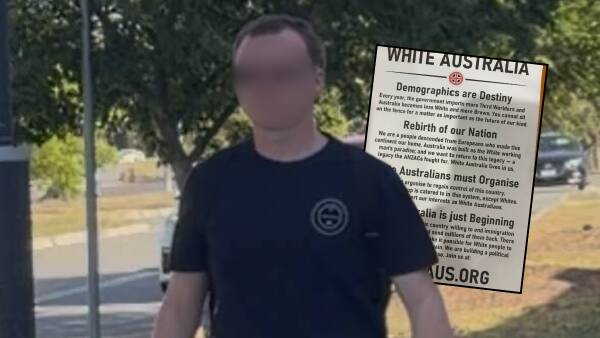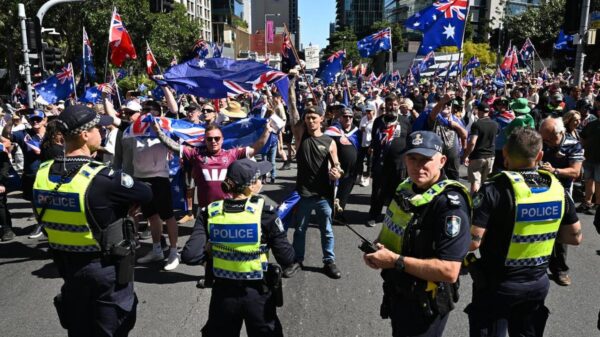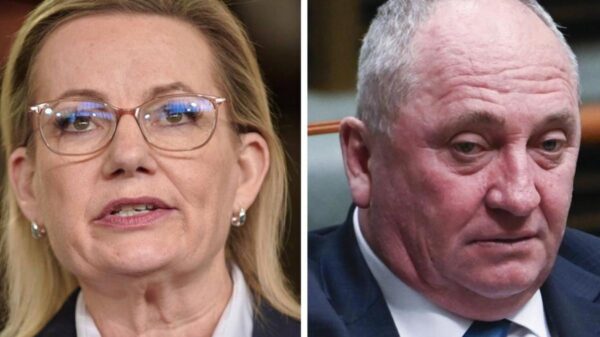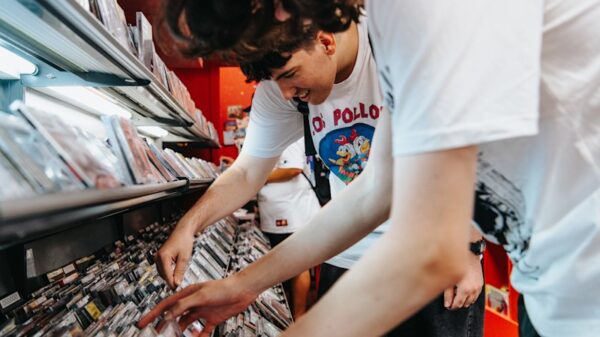New South Wales (NSW) Labor is under scrutiny for granting $1 million in taxpayer funds to two music festivals linked to a multinational corporation. The funding, part of a larger $3 million initiative to support the music festival sector, has raised questions about the allocation process, particularly regarding support for smaller, local events.
The controversy centers on the festivals Listen Out and Field Day, both operated by Fuzzy, which is now part of the British-based Superstruct Entertainment. This conglomerate, owned by the private equity firm KKR, has come under fire for its investment portfolio, which includes companies linked to controversial practices.
Cate Faehrmann, the Greens’ music spokesperson, addressed the NSW Parliament, stating, “At a time when our beloved grassroots music festivals are folding because of a lack of financial viability, the government is handing taxpayer dollars to a multinational conglomerate.” Faehrmann highlighted that Superstruct operates over 85 festivals globally, questioning how local festivals can compete against such a significant international presence.
The funding was allocated to combat a wave of festival cancellations experienced in 2022. According to the NSW government, each festival could receive up to $500,000. However, Faehrmann is calling for a review of the fund’s eligibility criteria, arguing that it should prioritize independent Australian-owned festivals. She pointed out that the current requirement for funding eligibility, which mandates that festivals cater to at least 15,000 attendees, should also be reconsidered.
The situation reflects broader concerns regarding the impact of globalization on local music markets. Recent actions by Waverley Council illustrate this trend, as they awarded Fuzzy a license to produce a New Year’s Eve event at Bondi Beach for 15,000 attendees. While Fuzzy has been part of the Australian music landscape since the 1990s, its current ownership structure raises significant questions about the future of homegrown music events.
In response to these concerns, Arts and Music Minister John Graham defended the funding, asserting that Fuzzy complied with all necessary regulations. He noted that Listen Out and Field Day were 49% and 62.4% Australian-owned at the time of receiving grants. Other beneficiaries of the funding, including Bluesfest and Lost Paradise, are entirely Australian-owned.
“There is an issue with international companies around the world intervening in local music markets,” Graham acknowledged. He emphasized that the government is actively exploring ways to better support smaller festivals, which are crucial for both artists and audiences.
Despite the criticisms, Graham maintained that the funding had a positive impact, allowing festivals to proceed and ensuring that Australian artists and suppliers were compensated. “It’s disappointing to see the Greens adding themselves to that list of challenges facing the NSW music industry,” he remarked.
The funding program remains open for further applications, with another $3 million available until April 2026. Faehrmann has urged Fuzzy to return the $1 million awarded under the Contemporary Music Festival Viability Fund, arguing that the circumstances surrounding the funding necessitate a reevaluation of the program.
In a statement, Fuzzy refrained from addressing calls for repayment but emphasized its commitment to supporting the local music scene. The company asserted that its activities generate substantial economic benefits for NSW, creating jobs and income for local artists and suppliers.
As the debate continues, the future of music festivals in NSW hangs in the balance. The outcome of this scrutiny could reshape funding priorities and the landscape of the state’s music industry, highlighting the importance of supporting local talent amidst increasing globalization.





























































